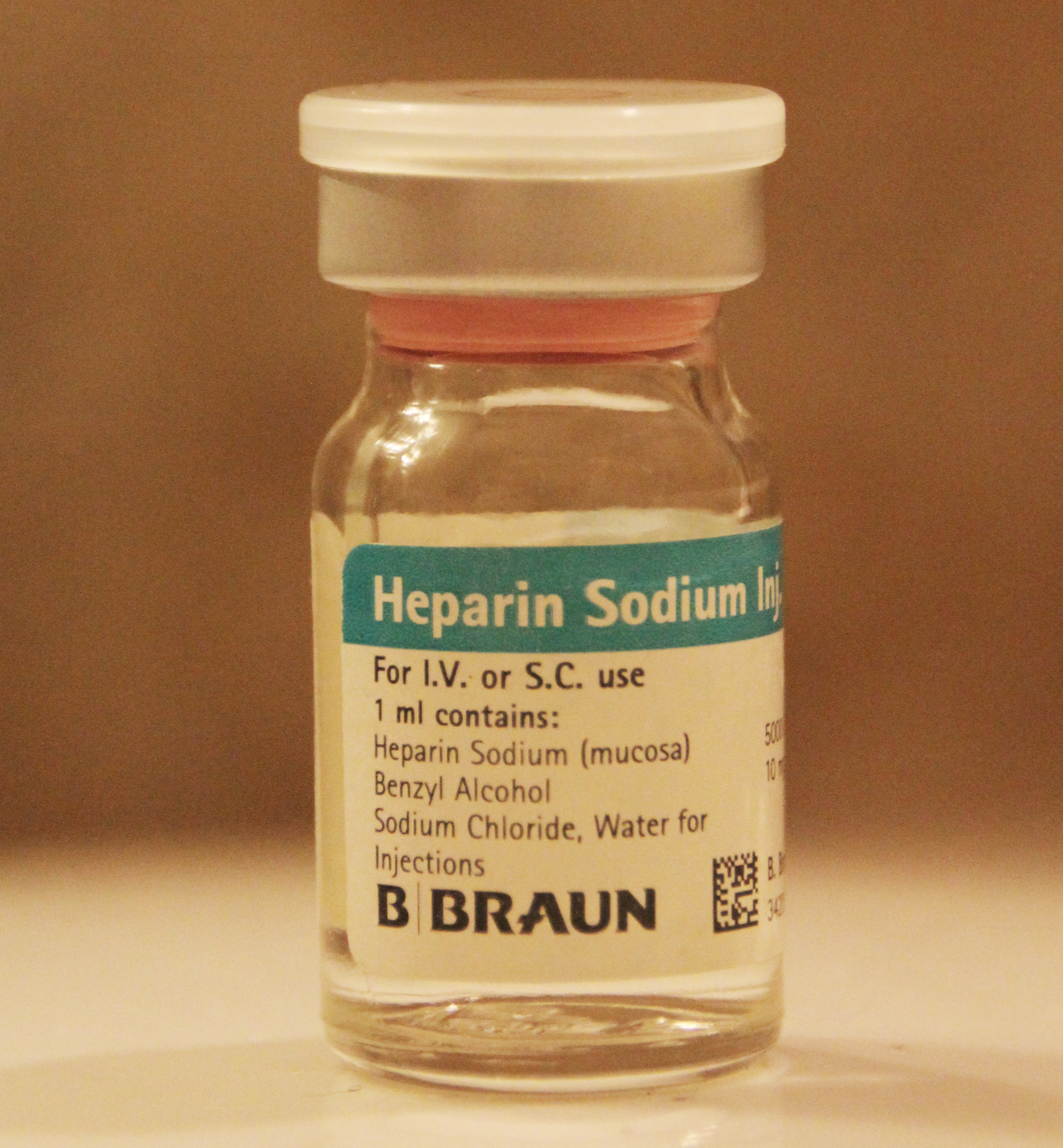Heparin: From Accidental Discovery to Lifesaving Medicine
in: Health and Well-Being
Heparin helps prevent harmful blood clots from forming, especially during surgery or in people with clotting issues.
Sometimes, the exact thing which keeps you alive can put you at risk. Blood clotting is necessary for healing wounds, acting as a natural bandage as it prevents blood loss and infection. However, when these clots form in incorrect areas, they can block natural blood flow and cause life threatening complications. This is where medicines such as heparin come in, preventing unhealthy blood clots from forming in the body.
Heparin is a widely used medication in modern medicine, often mistakenly called a “blood thinner.” While it does not dissolve clots which have already formed, it can effectively stop the clots from enlarging and causing further serious problems. This step is crucial in the lens of cardiac and bypass surgeries, blood transfusions, kidney dialysis, and many more medical procedures.
Interestingly, this significant medication was not created through a planned invention. Instead, it was accidentally discovered by Jay McLean and William Henry Howell during a research project in 1916. Initially tasked with studying cephalin, a substance involved in blood clotting, McLean explored alternative ways of extraction from heart and liver tissues. Through this, he unexpectedly found that the liver extract did not fail to promote clotting, but it actively prevented it. Despite this astounding discovery, it wasn’t until 1935 when it began to enter clinical trials. That same year, a surgical team was provided grants by the Banting Research Foundation from 1935 to 1939 to establish the safety and effectiveness of heparin. Later, the National Institutes of Health provided federal funding that expanded research on heparin, pushing forth safe and successful open-heart surgeries for both adults and children without the threat of dangerous blood clots.
Today, procedures which once posed serious risks have become routine surgeries which save thousands of lives each year, thanks to heparin. Federal support for medical research played a crucial role in shaping this medication, ensuring patients today have safer and more effective health care. What began as an accidental discovery became, through decades of publicly funded research, an important medication which protects lives every day.
- States: MD
- Organizations: Johns Hopkins University
- Topics: Biology , Health
- Links and further reading: [ link1 ]
